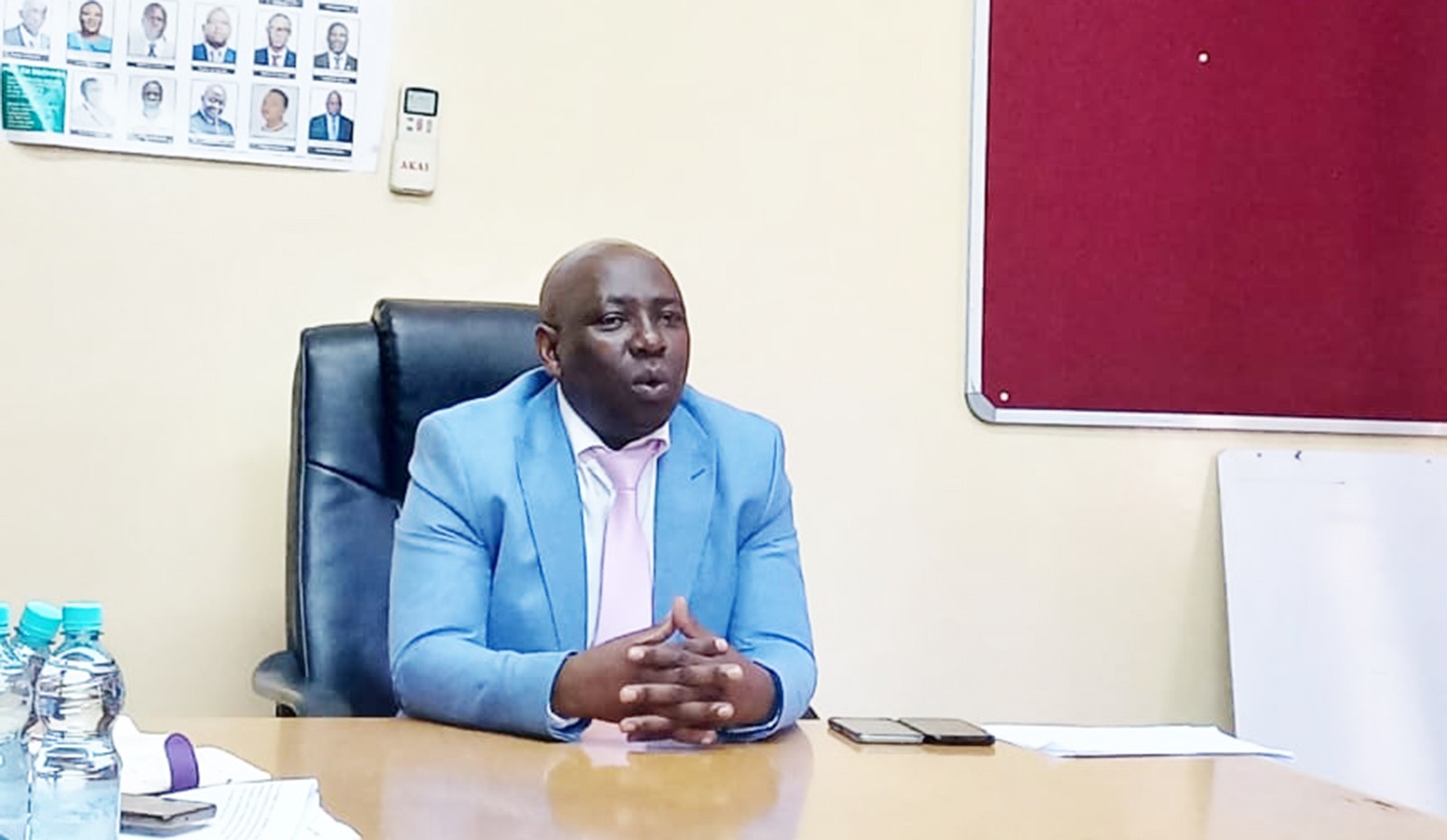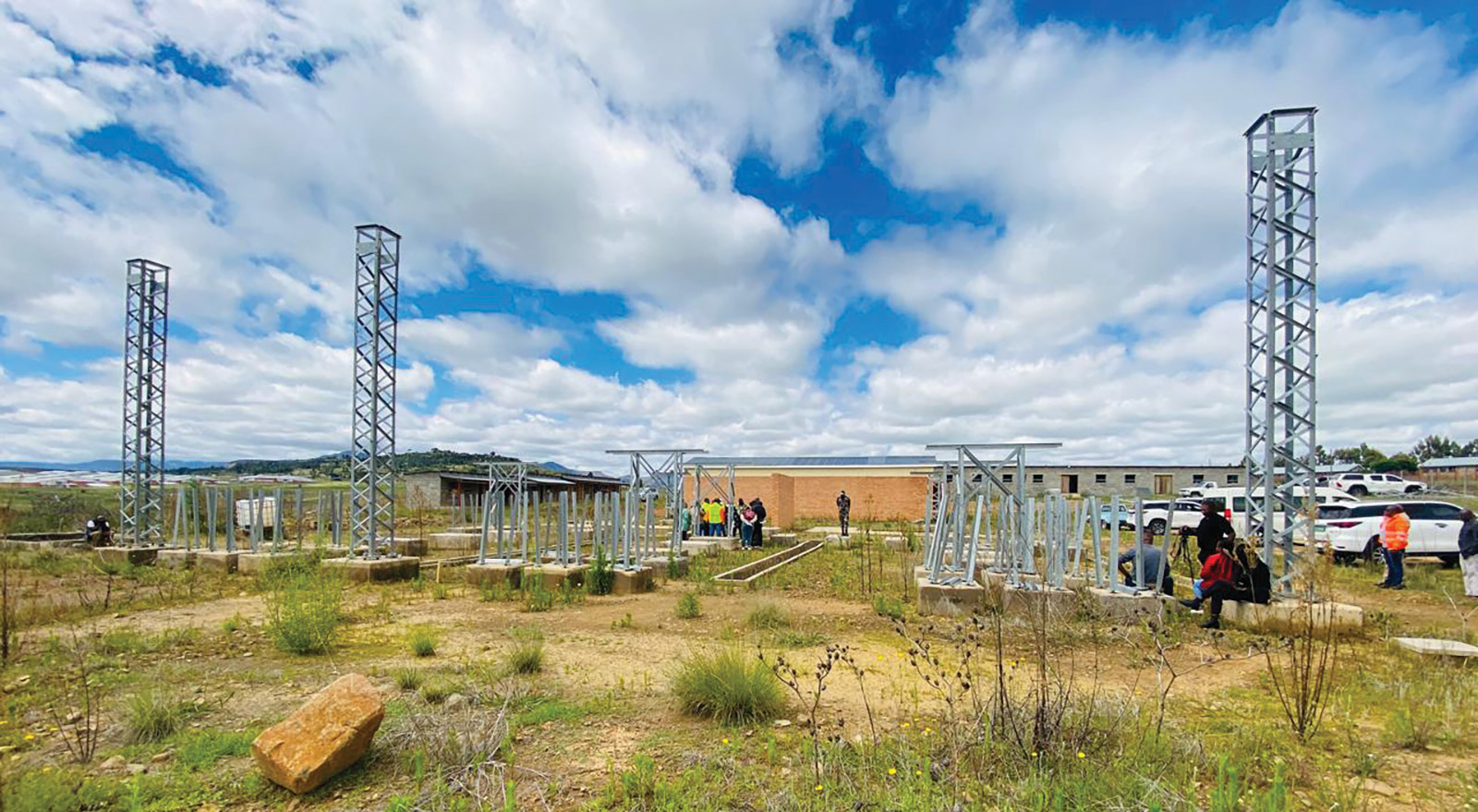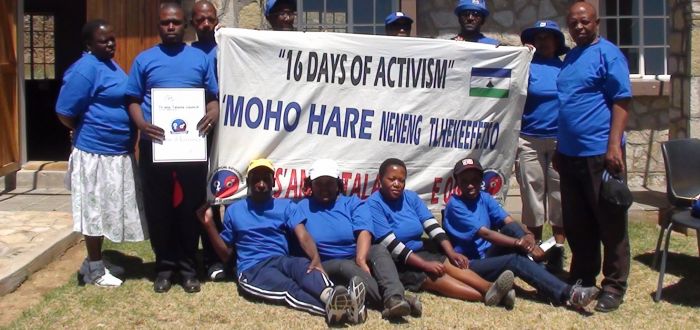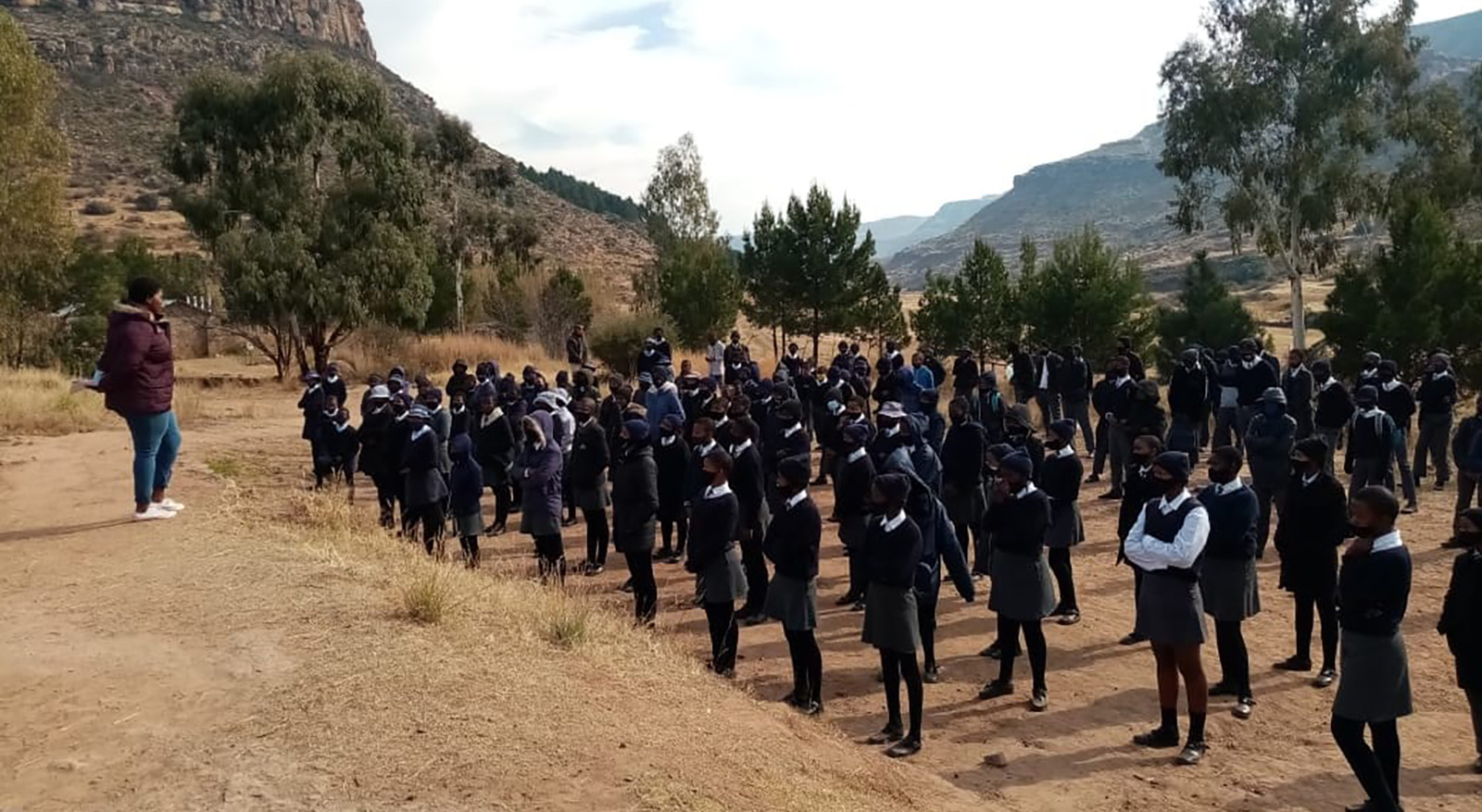Govt injects M900m to boost agriculture

SHARE THIS PAGE!
The Ministry of Agriculture, Food Security and Nutrition has received an additional M904 million from Treasury to augment the initial M231million set aside to support farmers in the 2025/26 summer cropping session.
The ministry was facing a shortage of agricultural inputs provided under the government subsidy programme, prompting the request for more funds to cater for this.
The M904 million will go towards purchasing fertilisers and seeds.
The Minister of Agriculture, Food Security and Nutrition, Thabo Mofosi, says the government is commitment to timely distribution of subsidies.
He noted that this year, the first batch of inputs was delivered to the highlands in August and expectations are that this will bring high yields.
“We are positive that with inputs distributed on time, we will achieve successful and high yields,” he said.
The minister highlighted the success of the subsidy programme since 2021, underscoring the government’s efforts to boost agricultural productivity.
Speaking in the National Assembly on Wednesday this week, Mofosi provided a comparative overview of the programme’s progress since 2021, highlighting the current government’s commitment in supporting farmers and investing in agriculture.
He indicated that in the 2020/21 financial year, the ministry bought 108,000 50kg fertiliser bags. In 2021/22 the government purchased 145,780 bags, ploughed 21,156 hectares and supported 15 block farmers.
In 2022/23, 93,680 bags were bought, 18,782 hectares ploughed, and 161 block farmers assisted. The 2023/24 season saw 201,270 bags dished out and 42,548 hectares ploughed, while 235 block farmers received government help.
The following 2024/25 season, the ministry bought 194,220 bags, cultivated 38,844 hectares, and supported 244 block farmers.
To date, 305,920 bags have been acquired for the 2025/26 season, targeting 61,184 hectares and 360 block farmers, Mofosi said.
He assured the House that the process is ongoing, with more inputs expected. “The ministry is working tirelessly to ensure farmers receive support ahead of the planting season.”
The government aims to enhance food security and support rural livelihoods, particularly in light of economic challenges exacerbated by climate change.
“Agriculture is a key pillar of Lesotho’s economy, and this investment will strengthen resilience in our farming communities,” Mofosi noted.
In response, Member of Parliament for Matala Constituency, Dr Tšeliso Moroke, expressed concern over the minister’s report on the growth of block farming in the country.
Dr Moroke indicated that while he appreciates the efforts to increase the number of block farmers, he was worried by a troubling trend that cannot be ignored – valuable farming land being converted into residential plots.
This undermines the potential of agriculture and threatens the country’s food security.
“If the land being farmed is shrinking due to urban encroachment, how sustainable is this growth? We risk trading one crisis for another; food shortages for housing developments. My concern is that we are prioritising short-term solutions over long-term gains,” he cautioned.
Despite government’s efforts to increase support for farmers, the country faces another tough year as the cost of living rises sharply and crop production declines, worsening the struggle for thousands of households already pushed to the brink by economic hardship and erratic weather.
The 2025 Annual Vulnerability Assessment Report paints a concerning picture of the current situation – a combination of socio-economic shocks, including job losses, reduced casual labour opportunities, and persistent price hikes, has severely weakened household purchasing power across the country.
“Loss of formal employment, reduced on-farm income, and higher prices have significantly reduced total household incomes, further weakening already fragile livelihoods,” the report states.
National crop production estimates also reveal a grim outlook. While more land was planted for maize, sorghum, and wheat during the 2024/25 agricultural season, yields per hectare declined across all major cereals. Maize production, Lesotho’s main staple, fell by 19 percent, dropping from 56,472 metric tonnes in 2024 to 45,780 metric tonnes in 2025.
According to the report, sorghum production plunged by 43 percent, from 6,300 metric tonnes to just 3,616 metric tonnes. Only wheat showed improvement, with a 17 percent increase, rising to 4,874 metric tonnes.
The government has introduced the subsidy programme to alleviate the financial burden on farmers and encourage increased agricultural production. Fertiliser is being subsidised at 80 percent, while seeds, herbicides, and pesticides are subsidised at 70 percent.
Farmers are required to present proof of identity and a supervisor’s letter showing field sizes and contact details before they can access inputs.
To prevent congestion, farmers will be serviced through their nearest district resource centres. The government says block farmers will initially receive 40 percent of their total requirements to allow them to start planting.



Govt injects M900m to boost agriculture
6 days ago
The Ha Belo conundrum
6 days ago

Govt committed to inclusive entrepreneurship
9 days ago

TVET institutions play crucial role: Mokotjo
10 days ago
NECDOL urges action against child abuse
10 days ago
Nedbank injects M1m into race
12 days ago